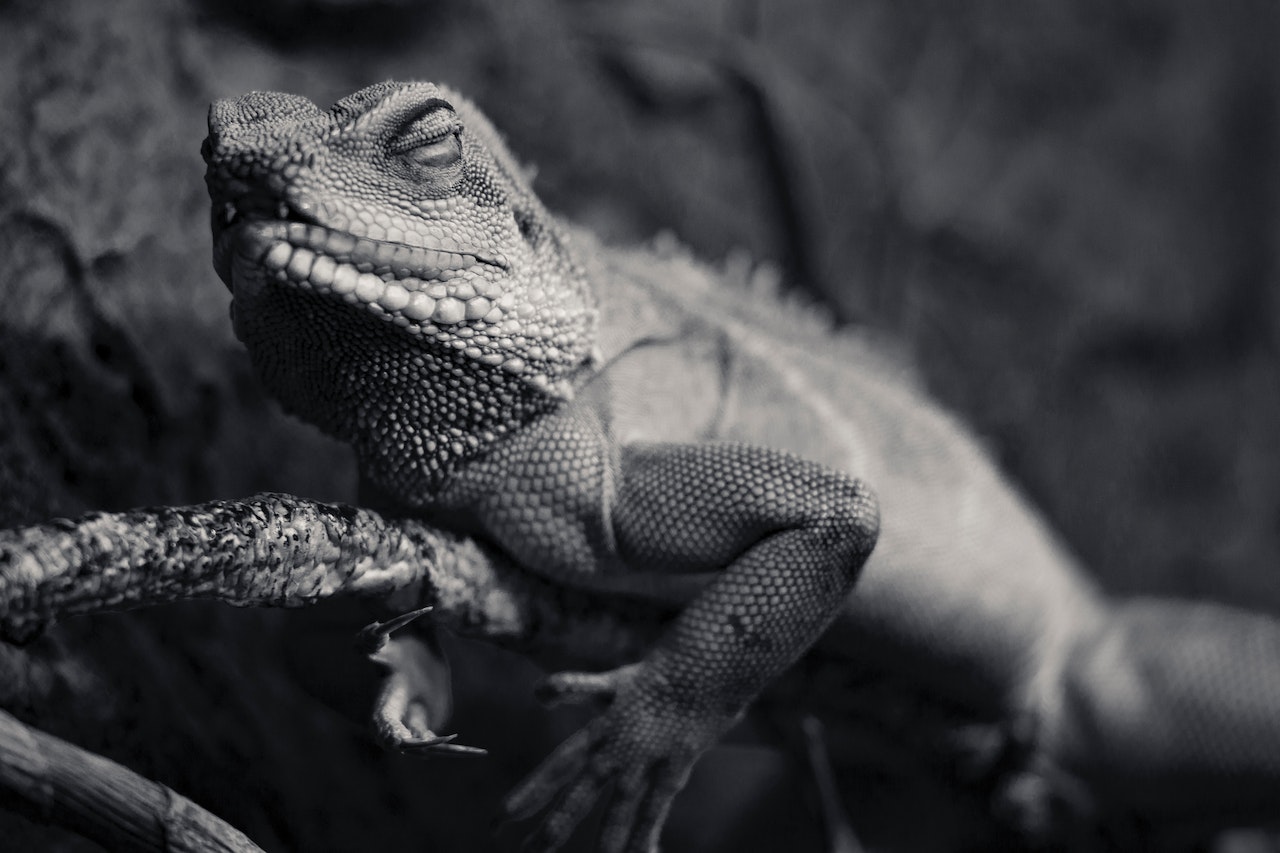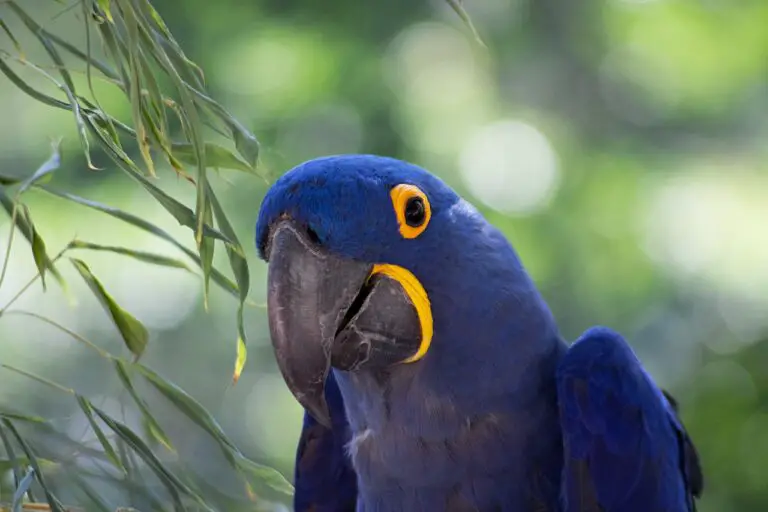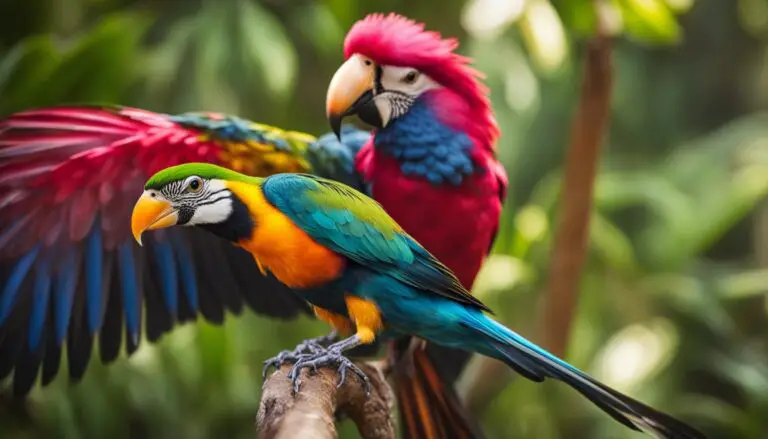Exotic Pets Health Issues – Top 5 Common Problems
Exotic pets can make wonderful companions, but they come with their own unique set of health challenges.
Whether you have a bird, reptile, or small mammal as a pet, it’s important to be aware of the most common health issues that can affect them.
By understanding these health concerns, you can take steps to prevent them and ensure that your exotic pet stays healthy and happy.
In this article, we will discuss the 5 most common health issues in exotic pets, and provide tips for keeping your furry, feathered, or scaly friend in good health.
1. Parasites
Parasites are a common health concern for exotic pets, particularly reptiles and birds.
These parasites can range from mites and ticks to intestinal worms and protozoa.
Symptoms of a parasitic infection can include lethargy, weight loss, diarrhea, and skin irritation.
To prevent parasitic infections, it’s important to keep your exotic pet’s enclosure clean and free of debris, and to maintain good hygiene practices when handling your pet.
Prevention Tips:
- Clean your pet’s enclosure regularly
- Quarantine new pets before introducing them to your current pet
- Wash your hands thoroughly before and after handling your pet
- Consult with your veterinarian about parasite-prevention products
2. Nutritional Deficiencies
Exotic pets have unique dietary needs that can be difficult to meet.
Nutritional deficiencies can occur when an exotic pet’s diet is lacking in essential vitamins and minerals.
These deficiencies can lead to a variety of health issues, including metabolic bone disease, liver disease, and weakened immune systems.
It’s important to consult with a veterinarian who specializes in exotic pets to ensure that your pet’s dietary needs are being met.
Prevention Tips:
- Consult with a veterinarian who specializes in exotic pets to determine your pet’s dietary needs
- Feed your pet a balanced diet that meets their nutritional needs
- Provide your pet with fresh, clean water at all times
- Monitor your pet’s weight and adjust their diet as needed
3. Respiratory Infections
Respiratory infections are a common health issue for birds and reptiles.
These infections can be caused by a variety of bacteria, viruses, and fungi, and can lead to symptoms such as wheezing, coughing, and nasal discharge.
Respiratory infections can be difficult to treat, so it’s important to take steps to prevent them from occurring.
Prevention Tips:
- Keep your pet’s enclosure clean and free of dust and debris
- Monitor your pet’s breathing and look for any signs of respiratory distress
- Provide your pet with proper ventilation and airflow in their enclosure
- Minimize stress for your pet by providing a comfortable environment
- Consult with your veterinarian if you suspect your pet has a respiratory infection
4. Dental Issues
Dental issues are a common health concern for many exotic pets, including rabbits, guinea pigs, and chinchillas.
These pets have continuously growing teeth, which can lead to dental problems if not properly maintained.
Symptoms of dental issues can include difficulty eating, drooling, and weight loss.
To prevent dental problems, it’s important to provide your pet with a healthy diet and appropriate chew toys to help wear down their teeth.
Prevention Tips:
- Provide your pet with appropriate chew toys to wear down their teeth
- Feed your pet a diet that is high in fiber and low in sugar
- Monitor your pet’s teeth regularly and look for signs of dental issues
- Consult with your veterinarian if you suspect your pet has a dental problem
5. Skin Problems
Skin problems are a common health issue for many exotic pets, including birds, reptiles, and small mammals.
These pets can develop skin irritations, infections, and parasites that can lead to discomfort and other health problems.
Symptoms of skin problems can include redness, itching, and skin lesions.
To prevent skin problems, it’s important to maintain good hygiene practices and keep your pet’s enclosure clean.
Prevention Tips:
- Clean your pet’s enclosure regularly
- Provide your pet with a clean and dry environment
- Monitor your pet’s skin regularly and look for signs of skin problems
- Consult with your veterinarian if you suspect your pet has a skin problem
FAQs
Can exotic pets get obese?
Yes, exotic pets can become obese if they are overfed and do not receive enough exercise.
This is especially common in small mammals, such as rabbits and guinea pigs.
It’s important to monitor your pet’s diet and provide them with plenty of opportunities for exercise to prevent obesity.
How can I prevent respiratory infections in my pet?
To prevent respiratory infections in your pet, it’s important to provide them with proper ventilation and airflow in their enclosure.
Additionally, you should minimize stress for your pet by providing a comfortable environment and regularly cleaning their enclosure.
If you suspect your pet has a respiratory infection, it’s important to consult with your veterinarian.
What should I do if I suspect my pet has dental issues?
If you suspect your pet has dental issues, it’s important to consult with your veterinarian.
They can perform a dental exam and provide appropriate treatment, such as trimming your pet’s teeth or providing dental surgery if necessary.
In addition, you can prevent dental issues by providing your pet with appropriate chew toys and a healthy diet.
Are exotic pets more prone to health issues than traditional pets?
Because of their breeding practices or the fragility of their species, some exotic animals may have a higher risk of illness.
Exotic pets require specialized care and attention, which can make them more susceptible to certain health issues.
However, with proper care and preventative measures, exotic pets can live long and healthy lives.
Can exotic pets transmit diseases to humans?
Yes, some exotic pets can transmit diseases to humans, such as salmonella and other bacterial infections.
It’s important to follow proper hygiene protocols when handling exotic pets, including washing your hands thoroughly and avoiding contact with the animal’s feces or bodily fluids.
Conclusion
As an exotic pet owner, it’s important to be aware of the most common health issues that can affect your pet.
By following the prevention tips outlined in this article and regularly consulting with your veterinarian, you can help keep your pet healthy and happy.
Remember to monitor your pet’s diet, provide them with appropriate living conditions, and seek veterinary care if you suspect any health problems.
With proper care and attention, you can enjoy a long and fulfilling relationship with your exotic pet.
Peter Stones is the founder of Exotic Pets Place, the leading online resource for exotic pet care information.
With over 10 years of hands-on exotic pet ownership experience, he is deeply passionate about sharing his expertise to help others properly care for their unusual pets.
When he's not writing extensively researched articles or connecting with fellow exotic pet enthusiasts worldwide, you can find Peter at home tending to his own beloved menagerie of exotic animals.





![Exotic Pet Youtubers The Top 8 to Follow [+ Links], someone watching youtube on a tablet](https://exoticpetsplace.com/wp-content/uploads/2023/06/Exotic-Pet-Youtubers-The-Top-8-to-Follow-Links-someone-watching-youtube-on-a-tablet-768x554.jpg)

